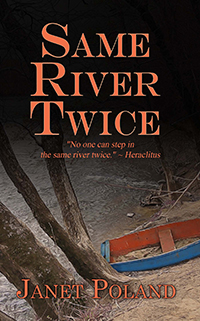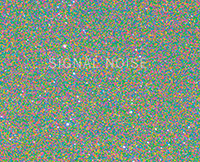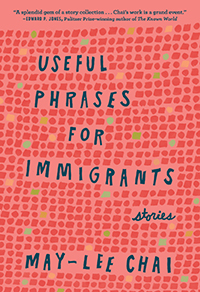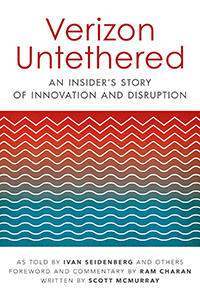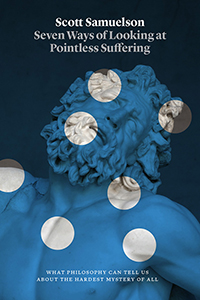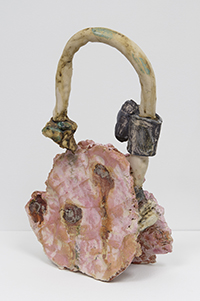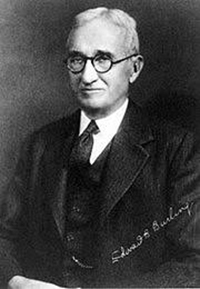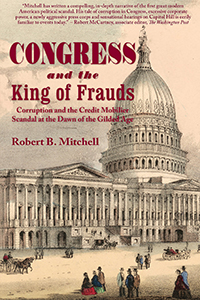A mystery novel by Janet Poland ’68 was published in July by The Wild Rose Press. When reclusive reporter Miren Lassiter inherits her uncle’s cottage on the banks of the Delaware River, her carefully guarded world is upended. She discovers the body of a local historian hanging from an antique gallows in a museum and soon becomes a suspect in his murder.
